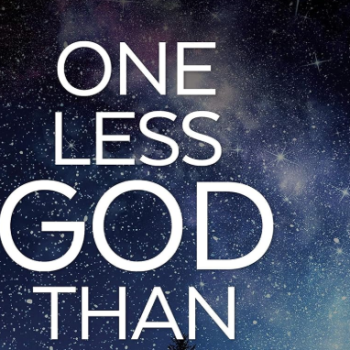By Mark D. Roberts
 Exodus 20:8-11 reads: "Remember to observe the Sabbath day by keeping it holy. You have six days each week for your ordinary work, but the seventh day is a Sabbath day of rest dedicated to the LORD your God. On that day no one in your household may do any work. This includes you, your sons and daughters, your male and female servants, your livestock, and any foreigners living among you. For in six days the LORD made the heavens, the earth, the sea, and everything in them; but, on the seventh day he rested. That is why the LORD blessed the Sabbath day and set it apart as holy."
Exodus 20:8-11 reads: "Remember to observe the Sabbath day by keeping it holy. You have six days each week for your ordinary work, but the seventh day is a Sabbath day of rest dedicated to the LORD your God. On that day no one in your household may do any work. This includes you, your sons and daughters, your male and female servants, your livestock, and any foreigners living among you. For in six days the LORD made the heavens, the earth, the sea, and everything in them; but, on the seventh day he rested. That is why the LORD blessed the Sabbath day and set it apart as holy."
Almost all Christians believe that the Ten Commandments reveal God's will, not only for Jewish people, but also for all humanity. Though, in our sinfulness, we break these commandments, I've never known any Christian who argued that the Ten Commandments weren't binding upon us.
Yet, in my experience, the vast majority of Christians regularly disregard the fourth commandment. We do not "[r]emember to observe the Sabbath day by keeping it holy" (20:8). What's more, most of us don't even feel guilty about consistently breaking this commandment.
There are many reasons for this peculiar situation. In part, we rightly understand that Jesus did not uphold the strict Pharisaic rules for the Sabbath and did "work" on the Sabbath, such as healing sick people. Moreover, we are correct in believing that the early Christians began to observe the "Lord's Day" on Sunday, the first day of the week, rather than on Saturday, the seventh day. Some of us reject observing the Sabbath because we grew up in Christian contexts where Sabbath-keeping was rife with legalism and shame. Our knowledge of God's grace in Christ is hard to reconcile with our experience of Christian Sabbath-keeping.
The fact that remembering the Sabbath is one of the Ten Commandments indicates that this is meant, not just for Jews, but for all people. This conclusion is supported by the fact that the commandment itself refers to "foreigners" living among the Jews and by the fact that it points to God's own example of rest on the seventh day of creation. Though Christians rightly exercise freedom in Christ with respect to the details of Sabbath observance, such as the day of the week, we need to take seriously the call to weekly rest. Not only do we honor God in our Sabbath-keeping, but also we need it. God created us for a rhythm of work and rest. Jesus, the Lord of the Sabbath, invites us to receive the gift of Sabbath even as he sets us from legalistic approaches to it.
Mark D. Roberts is the Director and Scholar-in-Residence of Laity Lodge. This material is used with the permission of thehighcalling.org.
For more in the Faith@Work Consultation series, click here.
7/10/2009 4:00:00 AM





